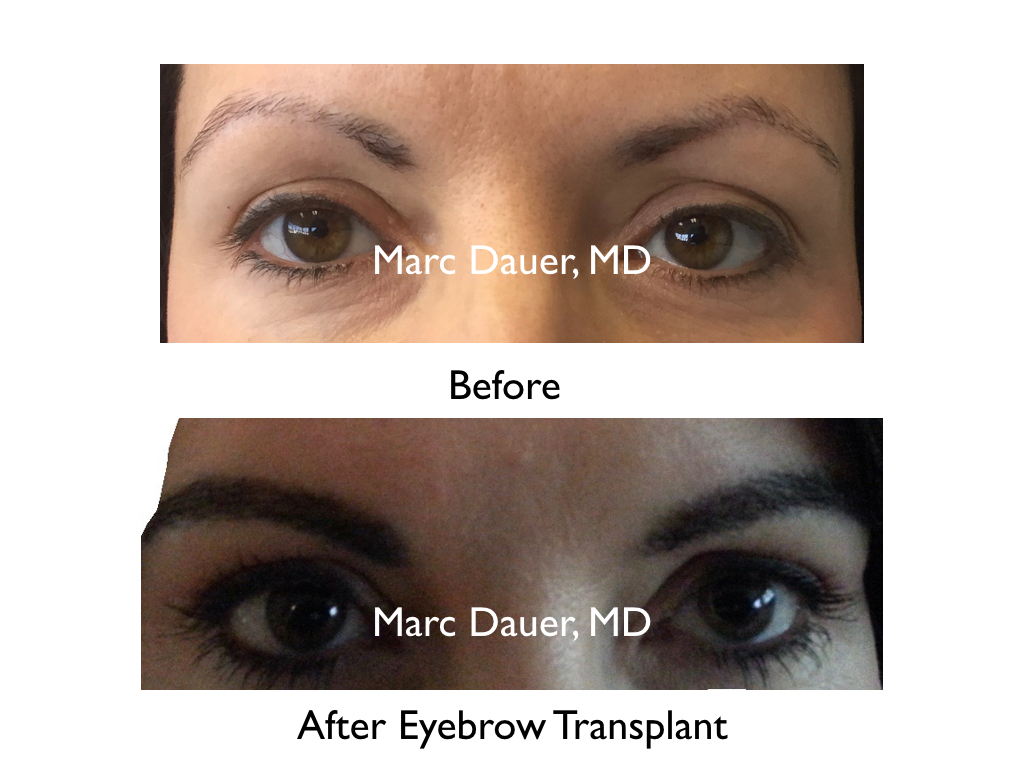Certainly! Making the decision to undergo a hair transplant is significant and requires careful consideration. Here are eight essential elements to weigh earlier than deciding if a hair transplant is right for you:
1. Degree of Hair Loss:
Consider the extent of your hair loss. Hair transplants work finest for people with sample baldness where certain areas of the scalp have experienced hair loss while other areas stay unaffected. The process is in all probability not appropriate for advanced phases of hair loss.
2. Stability of Hair Loss:
Ensure that your hair loss has stabilized before considering a transplant. If hair loss continues to be progressing, additional procedures might be wanted sooner or later to address new balding areas.
three. Realistic Expectations:
Have realistic expectations in regards to the outcomes. Understand that a hair transplant can enhance the looks of your hair, but it may not restore your hair to its density in your youth. Discuss your expectations brazenly with the surgeon through the session.
four. Health Considerations:

Assess your overall health and any underlying medical circumstances. Certain well being circumstances or medicines might have an result on your eligibility for the process. Be transparent about your medical history during consultations.
5. Cost and Budget:
Consider the cost of the procedure and whether or not it suits your budget. Hair transplants could be a important financial investment. Factor in not just the preliminary price but in addition potential follow-up classes or treatments.
6. Reputation and Experience of the Surgeon:
Research the status and expertise of the surgeon and the clinic. Choose a board-certified and experienced surgeon who focuses on hair restoration. Read critiques, check before-and-after photographs, and ask for suggestions.
7. Recovery Time and Aftercare:
Understand the recovery process and aftercare requirements. Hair transplant restoration can take a quantity of weeks, throughout which you want to comply with specific directions supplied by the surgeon. Consider your work and social commitments in the course of the restoration interval.
eight. Alternative Treatments:
Explore various therapies for hair loss, similar to medications (like minoxidil and finasteride) or low-level laser remedy. Discuss these options with your healthcare provider and consider their effectiveness earlier than choosing surgical procedure.
Additional Consideration:
Emotional Preparedness: Consider your emotional readiness for the process. Assess how you would possibly really feel through the varied phases of the process, including the shedding phase and waiting for the brand new hair to grow.
Extra resources|Find more info to have open and sincere discussions with a certified hair transplant specialist. They can assess your individual situation, talk about your concerns, and provide expert steering tailor-made to your wants. Remember that each person's experience with hair loss is unique, and what works for one individual might not be the most effective resolution for another..
